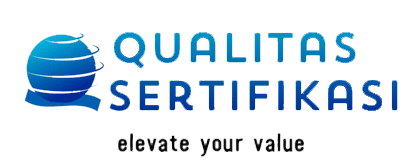Why Japan Eyes Indonesian Palm Kernel Shells for Its Bioenergy Future
Indonesia has become a significant player in the global market for palm kernel shells, attracting the attention of countries such as Thailand, Taiwan, South Korea, and China. However, it's Japan that stands out as the largest export destination for Indonesian palm shells. The allure lies in the characteristics of Indonesian palm shells, known for its thickness and its calorie output, which typically ranges between 3,900 and 4,200. While these features alone make Indonesian palm kernel shells a valuable resource, it's Japan's evolving energy policies that are adding even more fuel to the fire.
Japan's Green Energy Revolution
Japan's energy landscape is undergoing a transformative shift. In the wake of the Fukushima nuclear disaster, Japan made a pivotal decision to phase out nuclear power. As a result, the country's energy policy took a new direction with a strong focus on renewable and sustainable energy sources. One ambitious target set by the Japanese government is to achieve 24% of its energy needs from renewable sources by 2030. This commitment to environmental sustainability has created a significant demand for alternative energy resources, and the Indonesian palm kernel shell is emerging as a promising solution.
Unlocking Indonesian Palm Kernel Shell Potential
Indonesia, a palm oil-producing giant, possesses a massive potential for palm kernel shell utilization. According to the Ministry of Industry, the country has the capacity to produce around 11 million tons of palm kernel shells per year.
However, despite this substantial potential, only around 3.5 million tons are currently exported each year, mainly in the form of semi-finished commodities.
So, what makes Indonesian palm kernel shells so appealing to Japan? The answer lies in the country's pursuit of clean and sustainable energy. Japan has its sights set on biomass energy, and palm kernel shells fit the bill perfectly. As a readily available byproduct of the palm oil industry, it can be used to generate bioenergy for electricity production, aligning seamlessly with Japan's green energy aspirations.
ISCC Certification: Boosting the Demand for Indonesian Palm Kernel Shells in Japan
The use of Indonesian palm kernel shells for biomass energy production has gained significant momentum in Japan, thanks to the International Sustainability and Carbon Certification (ISCC). ISCC is a globally recognized certification that guarantees the sustainability of biomass resources, meaning that the palm kernel shells certified under ISCC can be traded and used internationally without concerns about their environmental or social impact. It verifies that the feedstock, in this case, palm kernel shells, is sourced and processed in an environmentally responsible and socially sustainable manner.
A Key Requirement for Japan's FIT Program
Japan's Feed-In Tariff (FIT) program, a key component of its renewable energy strategy, has integrated ISCC certification as a requirement for eligible biomass resources. This has opened up a world of opportunities for Indonesian palm kernel shell exporters. The ISCC certification not only enhances the environmental credentials of the palm kernel shell but also makes it eligible for premium tariffs under the FIT program, thereby increasing its attractiveness to investors and power producers.
How ISCC Japan FIT is Boosting Indonesia's Economy and Japan's Renewable Energy Goals
The introduction of ISCC certification in the Japanese FIT program is a game-changer for Indonesia's palm kernel shell industry. It not only aligns with Japan's renewable energy goals but also provides a potential economic boost for Indonesian exporters. This newfound opportunity encourages investments in sustainable palm kernel shell production and processing, creating a win-win situation for both countries.
The growing demand for Indonesian palm kernel shells in Japan is a positive development for both countries, and it offers a unique opportunity to accelerate the global energy transition. As the world strives for cleaner and more sustainable energy sources, the palm kernel shell story serves as a shining example of how two nations can come together to achieve common goals, benefitting not only their economies but the planet as a whole. Excited to find out how ISCC Japan FIT can support your business’ goals? Reach out to us or check
our website – we're here to guide you every step of the way!
Recent posts
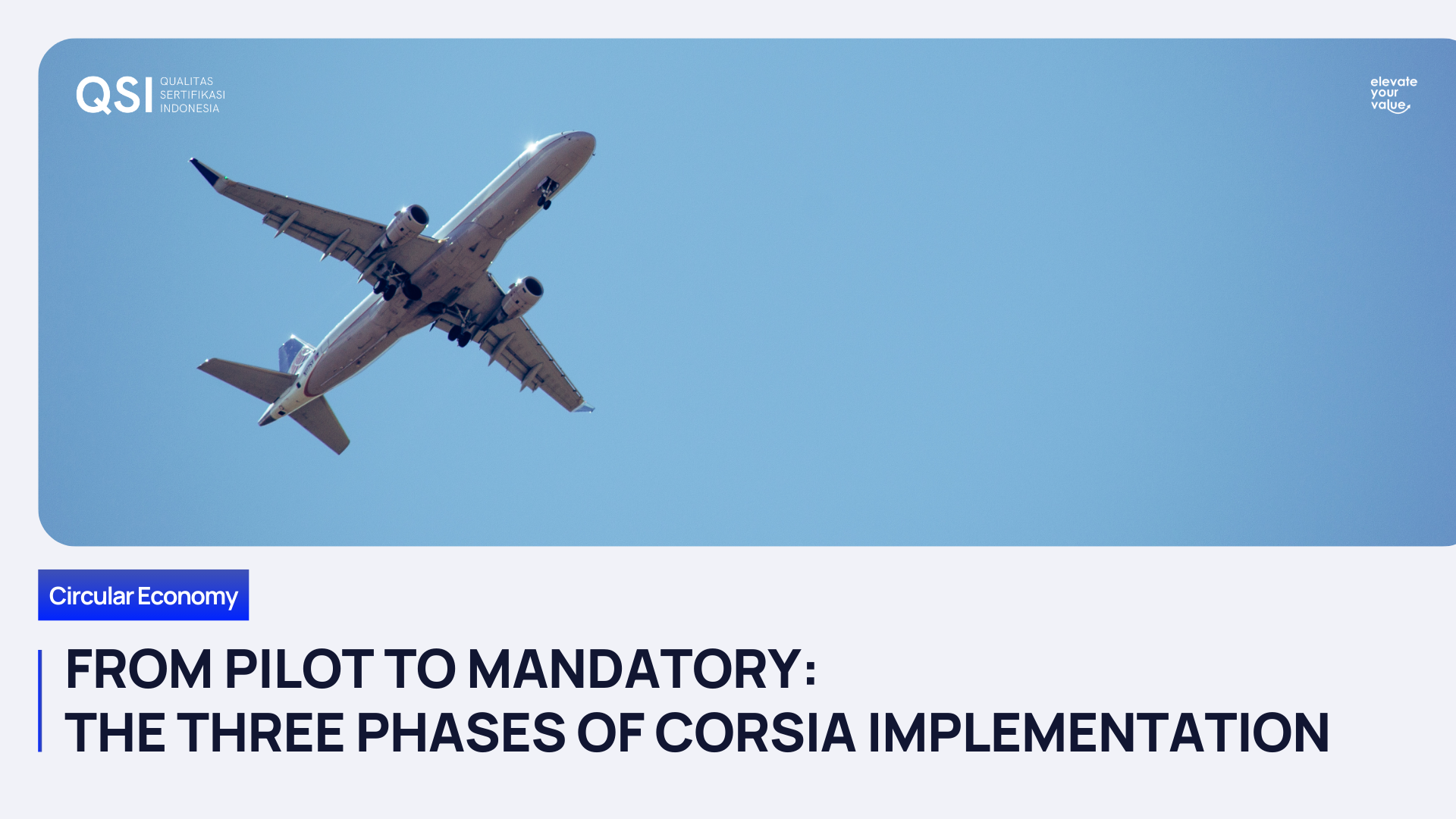
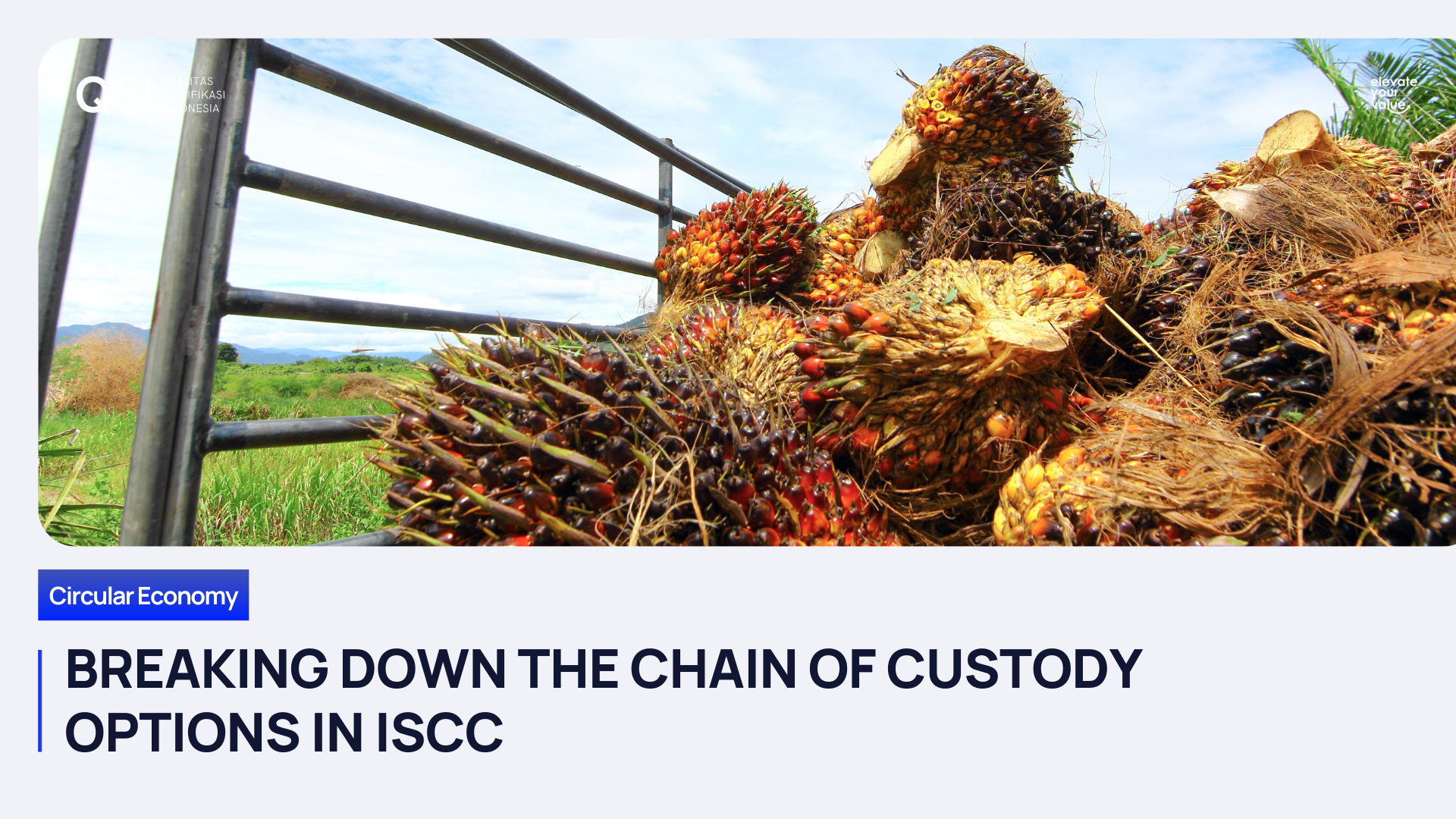
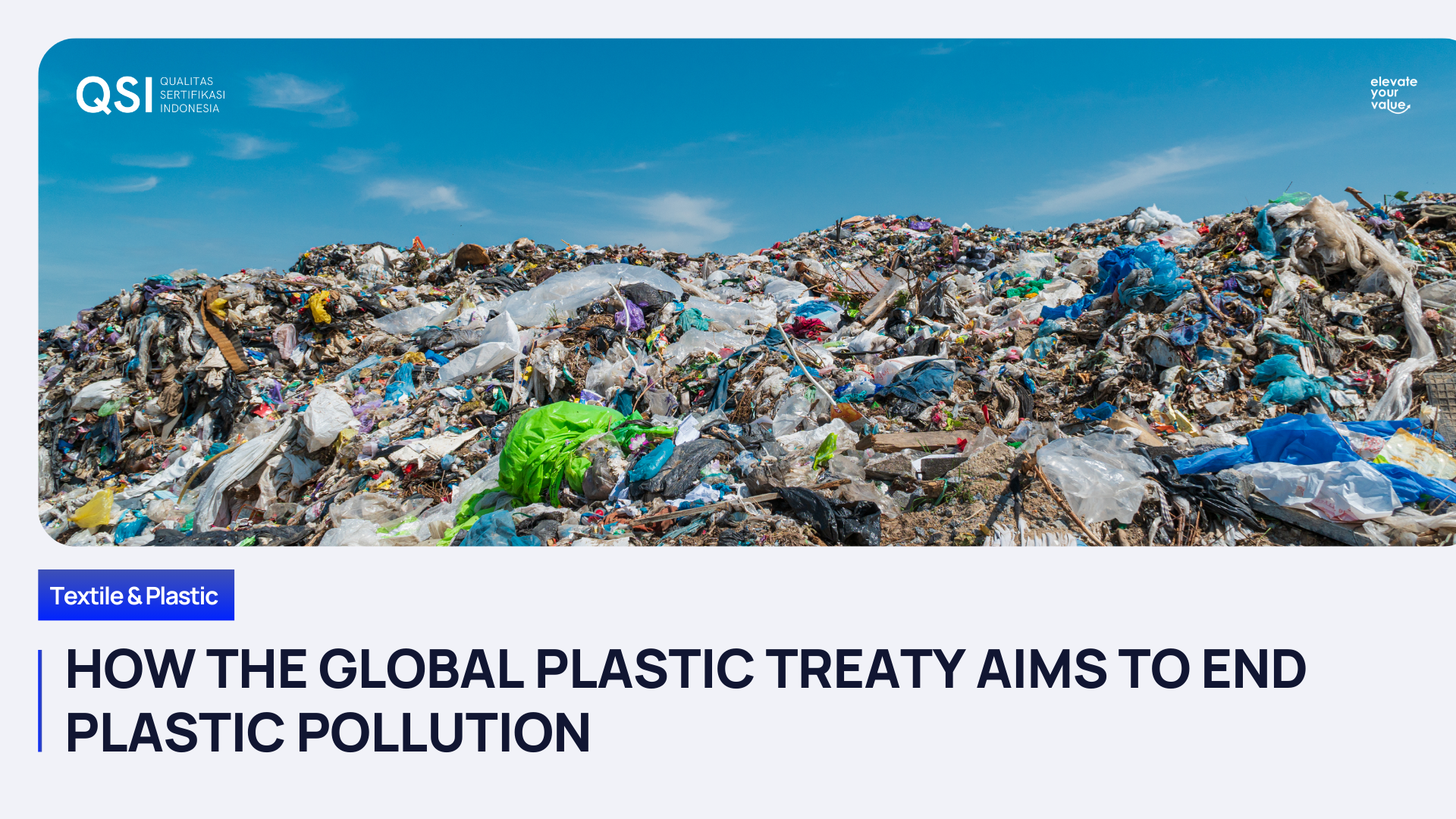
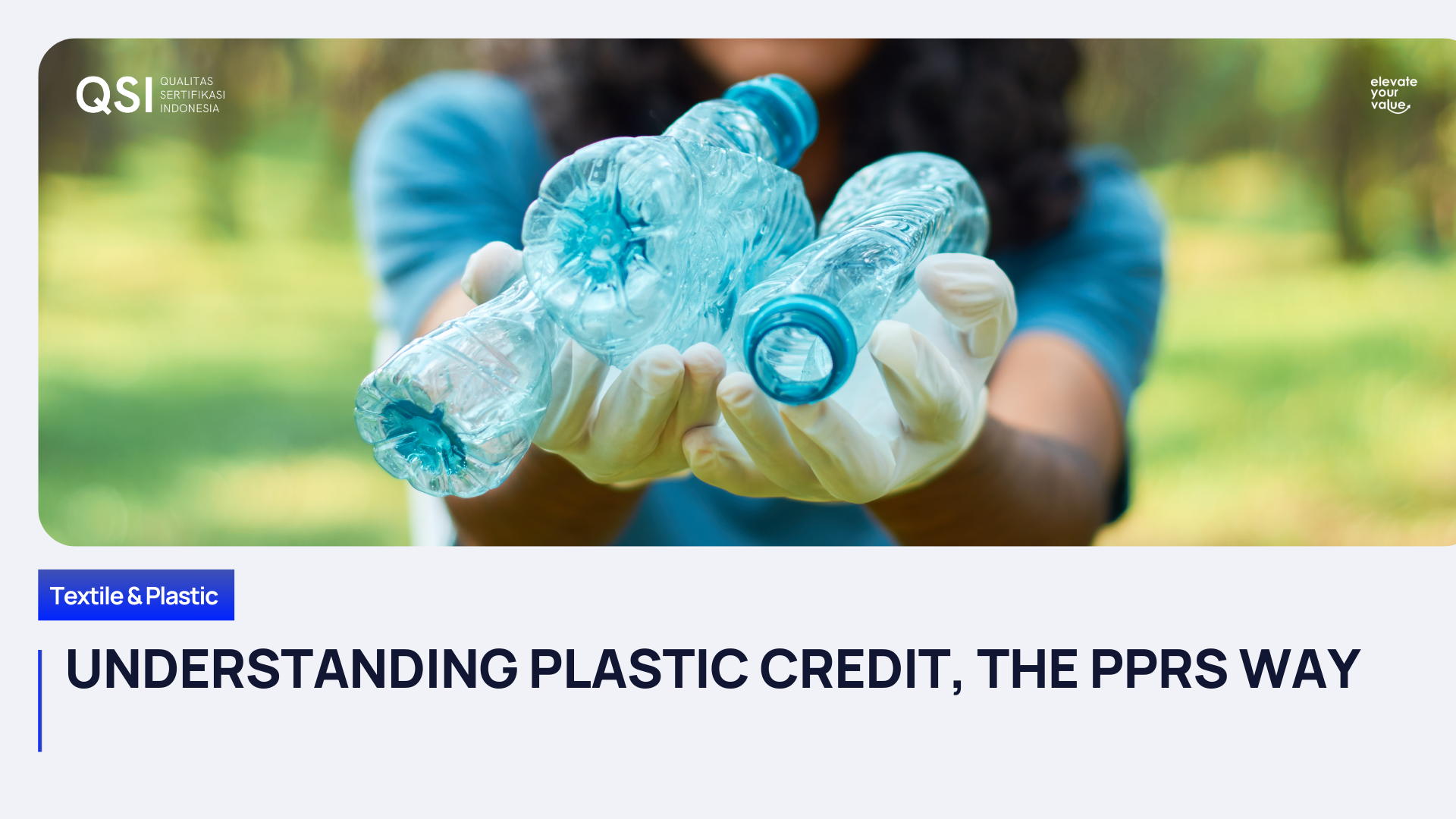
Drop us a line
Contact Us
We will get back to you as soon as possible.
Please try again later.
Share



General Inquiries
Phone
+62 21 2949 1946
Headquarter
The CEO Building, Level 12th
Jl. TB Simatupang No. 18C
Cilandak Barat, Cilandak
Jakarta Selatan, DKI Jakarta 12430
Indonesia
Operational
Menara Sun Life, 7th Floor
Jl. Dr. Ide Anak Agung Gde Agung Blok 6.3
Kuningan Timur, Setiabudi
Jakarta Selatan, DKI Jakarta 12950
Indonesia
Programs
Quick Links
Qualitas Sertifikasi Indonesia
PT Qualitas Sertifikasi Indonesia
